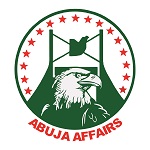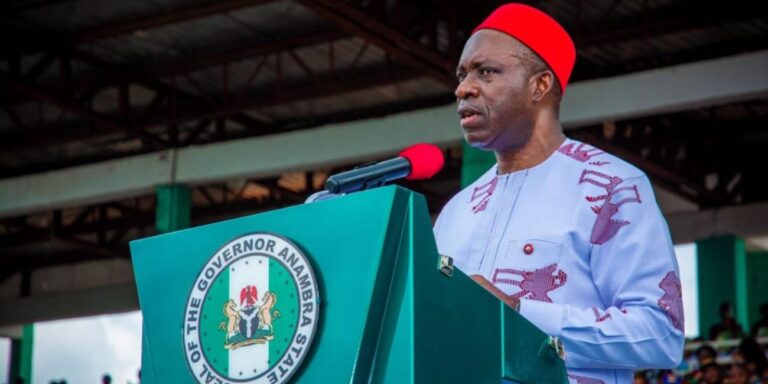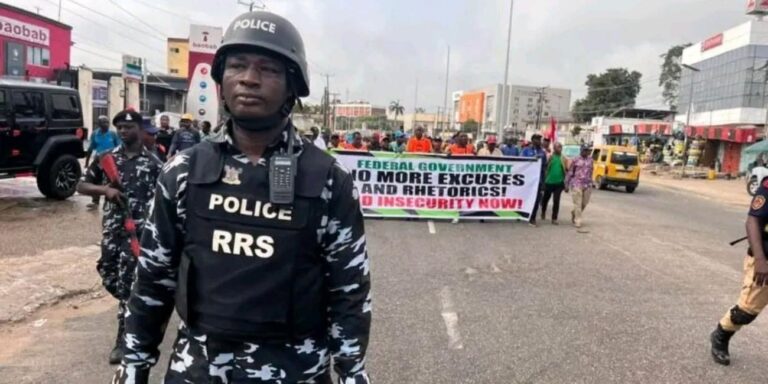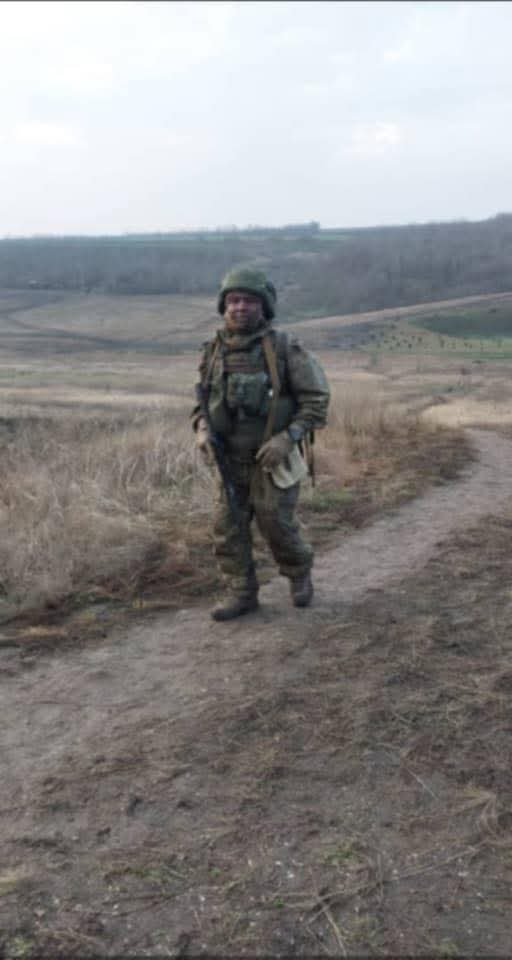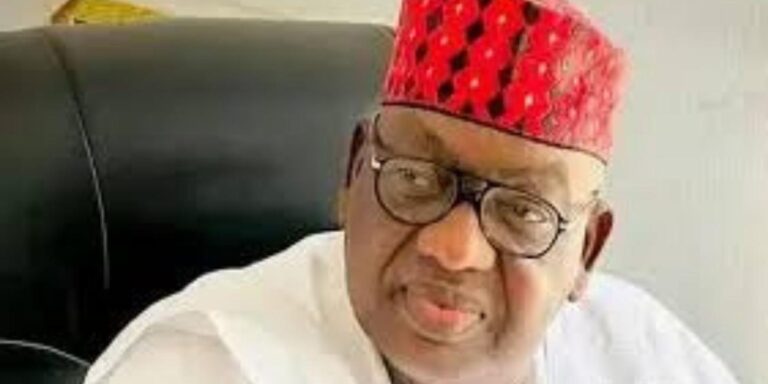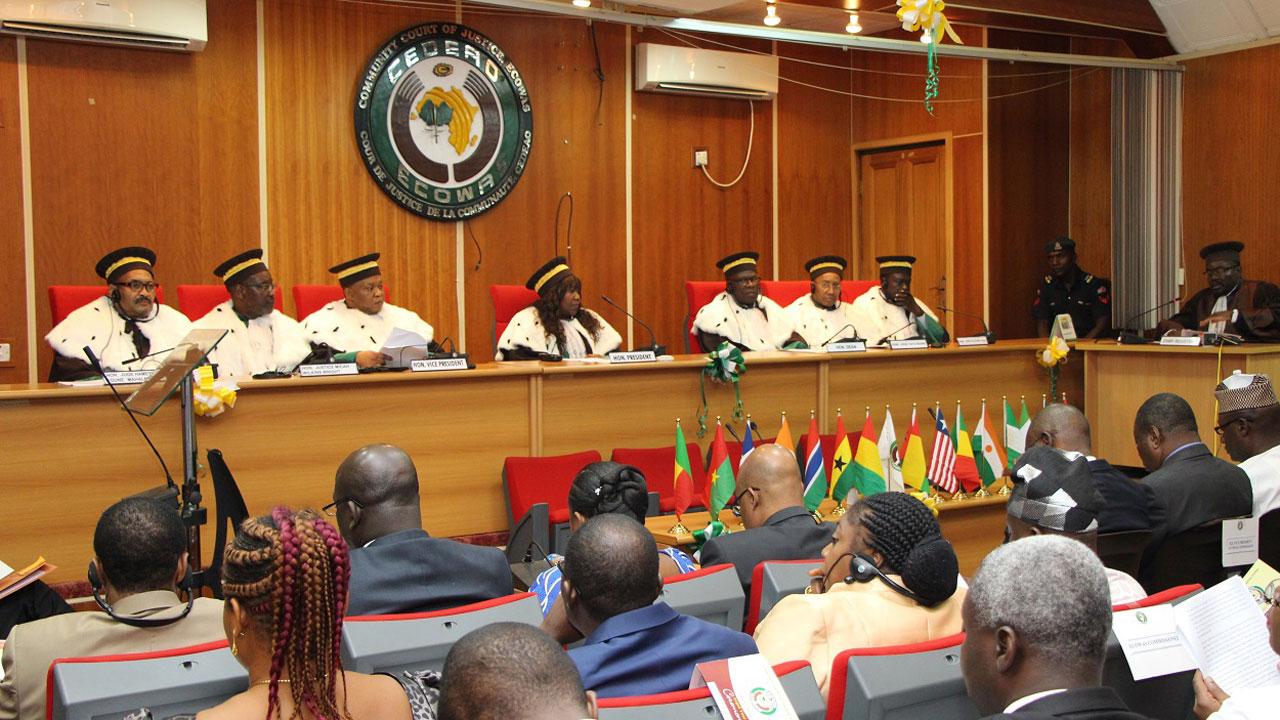
In a landmark judgment, the ECOWAS Community Court of Justice has declared that the Nigerian government violated the rights of three Nigerians during the 2020 EndSARS protest at the Lekki Toll Gate in Lagos. The court’s three-member panel delivered a unanimous decision on a fundamental rights enforcement suit brought by Obianuju Catherine Udeh, Perpetual Kamsi, and Dabiraoluwa Adeyinka.
Justice Koroma Mohamed Sengu, delivering the judgment on Wednesday, stated that Nigeria breached Articles 1, 4, 6, 9, 10, and 11 of the African Charter on Human and Peoples’ Rights. These articles cover the right to life, security of person, freedom of expression, assembly and association, prohibition of torture, the duty of the state to investigate, and the right to effective remedy.
The court noted that Udeh, Kamsi, and Adeyinka alleged their rights were violated during the peaceful protests at the Lekki Toll Gate on October 20 and 21, 2020. Despite the applicants’ claims, the court dismissed the allegation of a violation of the right to life under Article 4 of the Charter.
In its ruling, the court ordered Nigeria to pay each applicant N2 million as compensation for violations of their rights to security of person, freedom from torture and inhuman treatment, freedom of expression, assembly, and association, as well as the state’s failure to investigate human rights violations and provide effective remedies.
The statement from the court emphasized: “Additionally, the respondent (Nigeria) must adhere to its obligations under the African Charter on Human and Peoples’ Rights, investigate and prosecute its agents responsible for these violations, and report to the court within six months on the measures taken to implement this judgment.”
The court highlighted the claims made by the applicants:
- Obianuju Catherine Udeh: She alleged that soldiers shot at protesters, causing deaths and injuries, which she live-streamed. Following this, she received threatening phone calls, forcing her into hiding and eventual asylum.
- Perpetual Kamsi: Responsible for protesters’ welfare, she described how soldiers began shooting after a power cut, resulting in her hospitalization due to police tear gas.
- Dabiraoluwa Adeyinka: She narrowly escaped being shot, witnessed soldiers refusing ambulance access, and later observed inadequate hospital care for victims. She took over their care and faced ongoing threats and surveillance, believed to be by agents of the respondent.
The Nigerian government denied all claims, arguing that the protests were unlawful and asserting that its agents followed strict rules of engagement, denying any shooting or killing of protesters. The government also argued that the applicants had not provided credible evidence to support their claims or the reliefs sought.
However, the court found the Nigerian government in breach of several articles of the African Charter, resulting in significant violations of human rights. The court ordered reparations and mandated Nigeria to ensure accountability and report back on the measures taken to comply with the judgment.
The three-member panel included Honourable Justices Dupe Atoki, presiding, and Ricardo Claúdio Monteiro Gonçalves, alongside Justice Koroma Mohamed Sengu.
